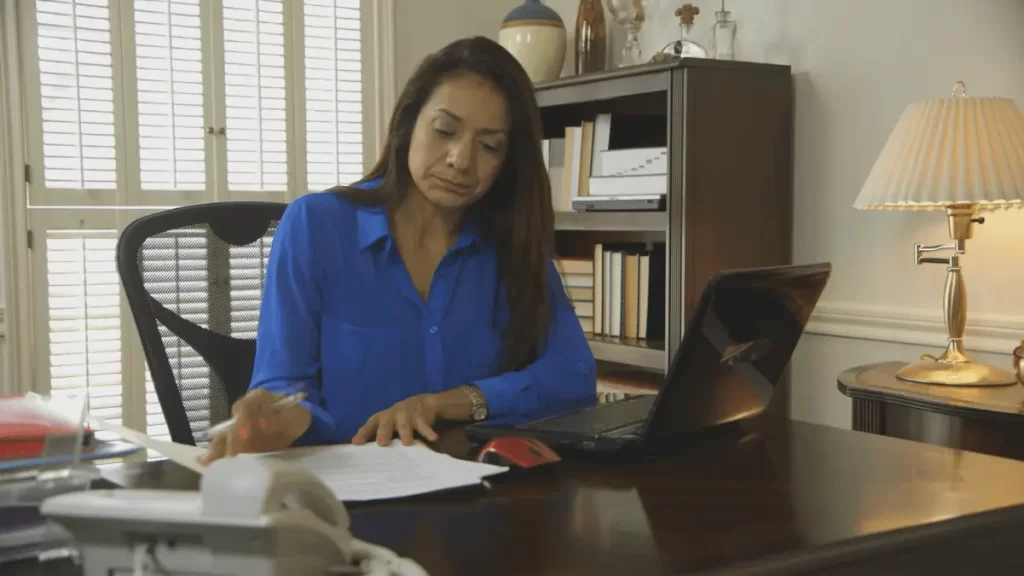What is a Lien Waiver in Construction?


What Is a Lien Waiver in Construction?
In the construction business, financial activities usually involve contractors, subcontractors, suppliers, and the property owners. Payment disputes, as well as disputes about work done and materials provided, can considerably hinder the progress of a construction project. Financial transactions in construction projects can be complex, which is why lien waivers are indispensable.
A lien waiver describes a legal document in which a contractor, subcontractor, or supplier relinquishes their right to a mechanic’s lien against the property to receive payment. Mechanic’s liens are legal claims that contractors or suppliers can place on a property if they are not paid for their work. With frivolous legal claims prevented through lien waivers, property owners and general contractors can ensure that payments are properly managed throughout the duration of the project.
The Concept of Lien Waivers in Construction
Each lien waiver is an individual document. This document claims that a contractor, subcontractor, or supplier has been paid for their work and so relinquishes all of their right to file a mechanic’s lien for that payment. More simply “waiver is receipt” or in this case, a payment receipt (which releases the right to place a lien on an asset).
Mechanic’s liens have value because they give non-payment protection to construction specialists. It gives them the opportunity to legally attach a claim on an asset until receiving the due amount. With that being said, upon signing a lien waiver, the right to place a lien for that specific payment is given up. This is done to safeguard property owners and general contractors against possible future payment quarrels which would disrupt project workflow and legal action stagnation.
Pieces Of A Lien Waiver
Waiver liens depend on the payment stage being assessed, as well as what aspects of the waiver being forfeited. They can be categorized into two major types. These are: conditional and unconditional, each of which can apply to progress payments or final payments.
1. Conditional Waiver on Progress Payment
A conditional waiver on progress payment is given to a contractor, subcontractor, or supplier who is entitled to payment but has not yet received it. The waiver is conditional, meaning it becomes effective only after the payment has cleared. This kind of waiver is often encountered in ongoing projects which have multiple payments in different phases.
2. Unconditional Waiver on Progress Payment
An unconditional waiver on progress payment is issued when a contractor or subcontractor has received and cleared the payment for a part of the work done in the project. Unlike a conditional waiver, this document waives lien rights unconditionally the lien for the specified amount, irrespective of any future claims on the payment.
This type of waiver places greater risk on subcontractors and suppliers because they relinquish the right to file a lien without recourse once it is signed, even if the contingent failing check does not clear. To manage their risk, contractors should verify that payment has been received and successfully deposited into the business account prior to signing.
3. Conditional Waiver on Final Payment
A conditional waiver on final payment is applicable at the conclusion of the project, once the last payment is being processed. This waiver specifies that after the last payment is rendered and has been processed, the contractor or subcontractor will relinquish all lien rights against the property.
Consider the scenario in which a subcontractor completes the scope of work and forwards an invoice for the last payment. In this case, the subcontractor may provide a conditional waiver on final payment stating that lien rights will be relinquished upon successful payment processing. This favorable solution guarantees payment to the subcontractor and guarantees the owner that no future lien claims will result from this contract.
4. Unconditional Waiver on Final Payment
An unconditional waiver on final payment has been concluded when the last payment has already been made and received. This is the strongest type of waiver since all lien rights related to the project are permanently relinquished.
When a contractor, subcontractor, or supplier signs an unconditional waiver on the final payment, they automatically waive their right to lien claim, no matter the set of circumstances, including payment complications that may arise later. This document must be carefully scanned for payment, especially the full and final payment, as failure to do so may bring about unwanted risks.
You may love to read our post: How to Break Down Profit of Building Construction Project Ground Up?
Why Are Lien Waivers Important in Construction?
Lien waivers are regarded as one of the legal documents that govern or regulate financial dealings and payments on construction projects. They guarantee contracts, assist in the effective reception of funds, and curtail the emergence of conflicts that may stall or hinder construction.
For owners of properties and general contractors, lien waivers provide safety against unanticipated mechanic’s liens that have the potential of posing legal and financial difficulties. They serve the purpose of proving payment receipts so that contractors and suppliers do not make claims against the property. As a result, there is free property ownership which leads to easy subsequent transactions like selling or refinancing the property.
Common Errors to Avoid While Dealing with Lien Waivers
Despite the benefits of lien waivers, some errors can incur unwanted financial damages and legal complications. Offering unconditional waivers before full payment has been received is a common error which could backfire tremendously. If a contractor signs an unconditional waiver expecting payment which later bounces, they will legally be unable to place a lien for that amount. This can be avoided by only using unconditional waivers after payment has cleared.
In the construction industry, a lien waiver is a crucial document that signifies the payment of a contractor, subcontractor, or supplier and relinquishes their right to place a mechanic lien for that specified payment. Each of the four main types of lien waivers—conditional and unconditional waivers on progress or final payments—capture different scenarios based on the payment stage. It streamlines the payment process assuring that the property owners and general contractors are protected from unforeseen legal disputes, and at the same time, guaranteeing that the contractors and suppliers receive their dues.

